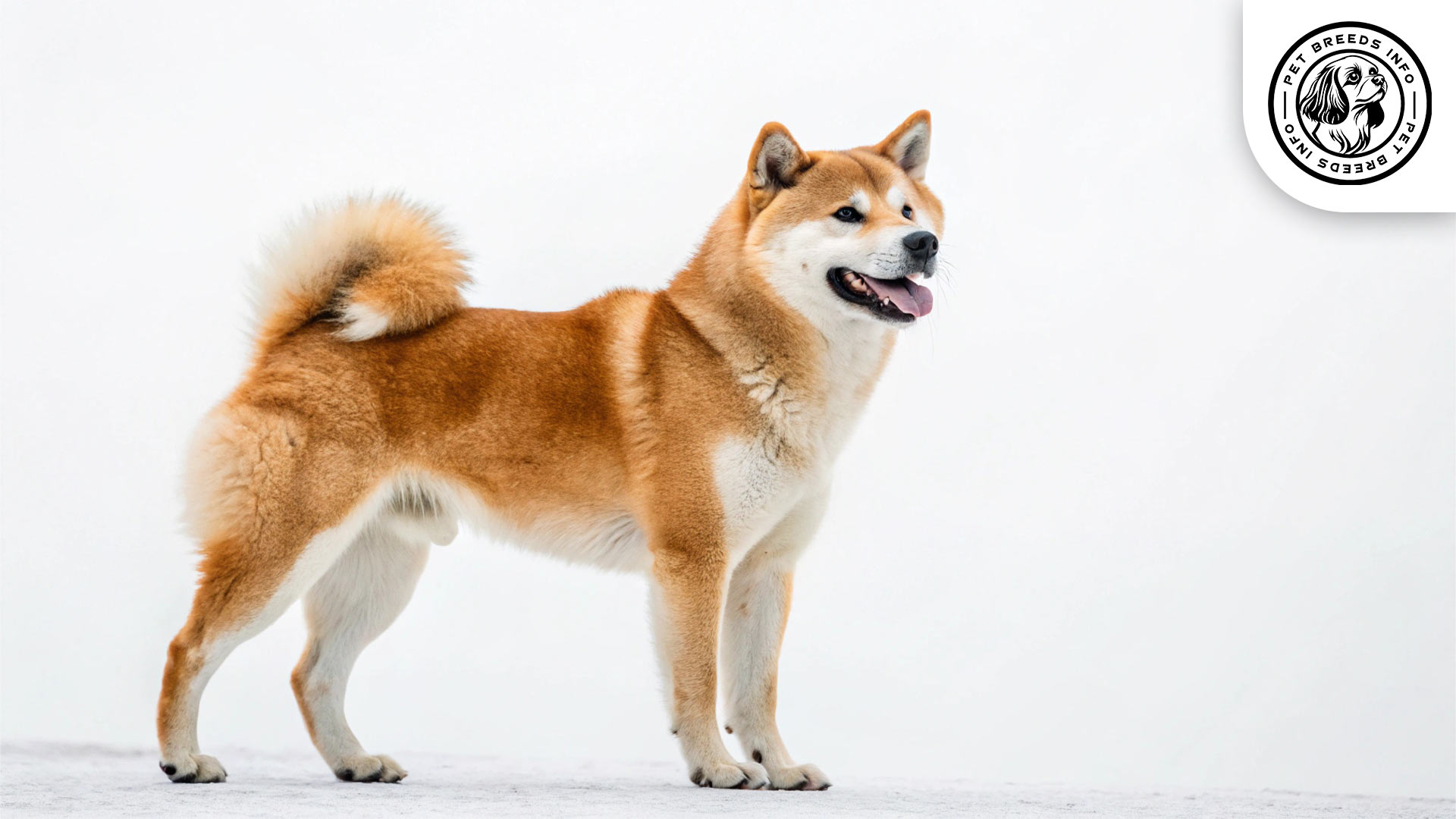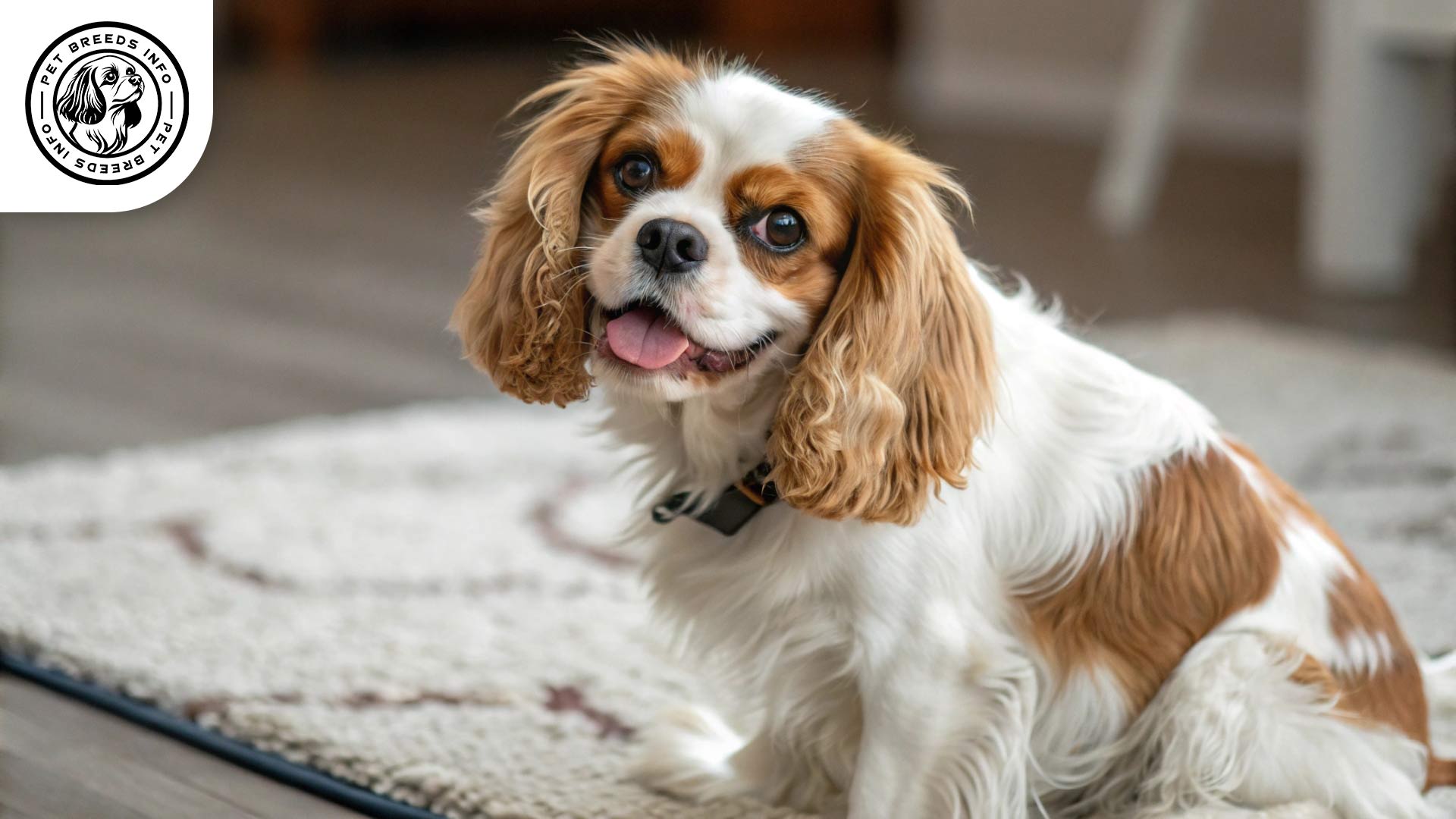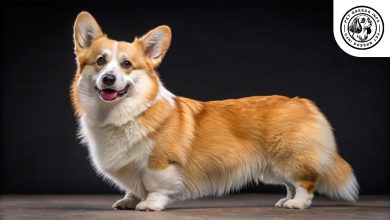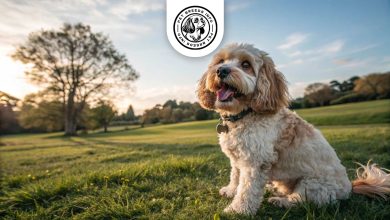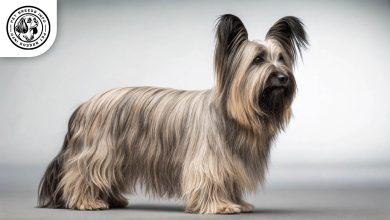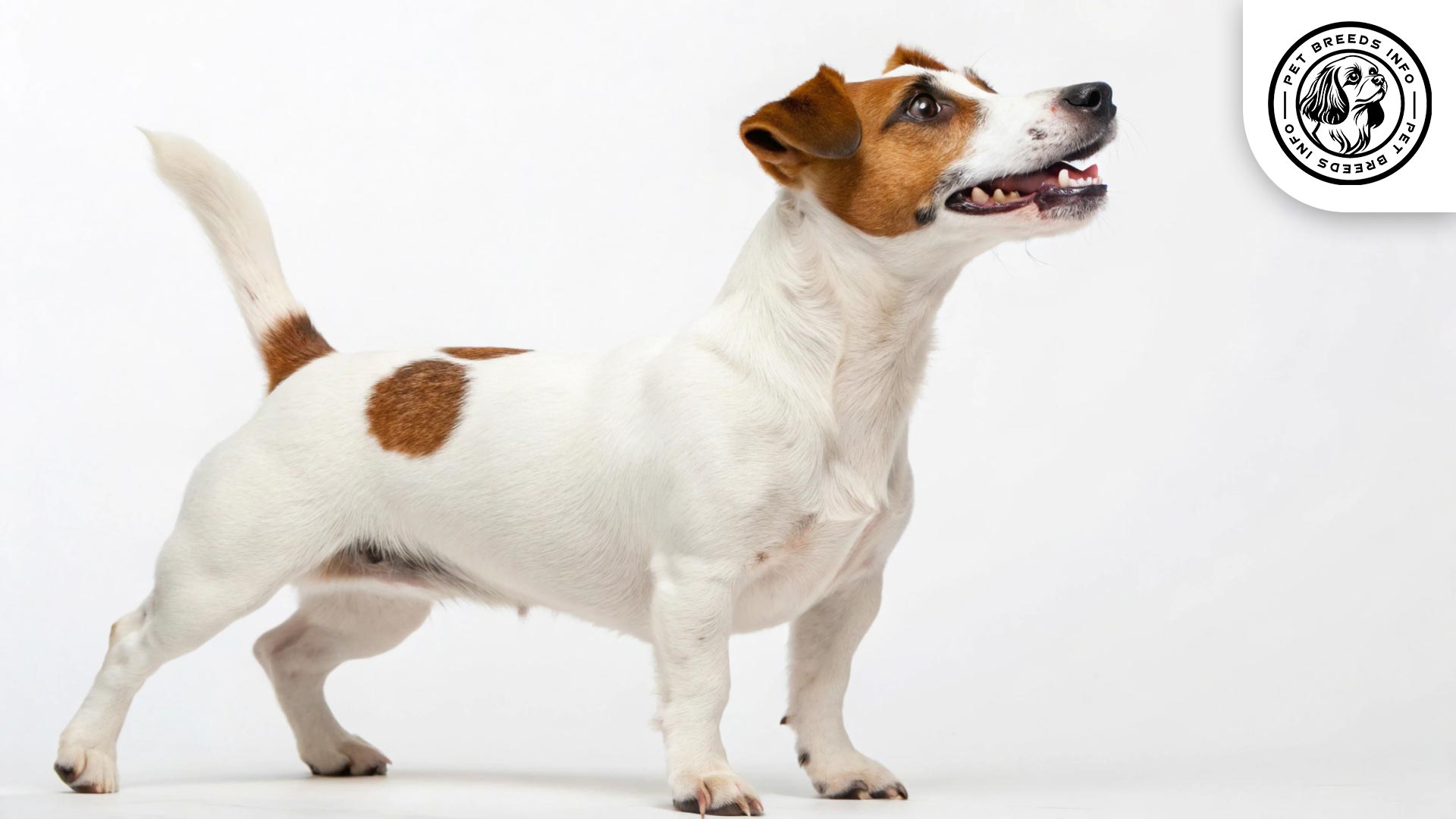Shiba Inu Dog Breed: Size, Health, Price & Personality
General Introduction of the Breed
The Shiba Inu (柴犬) is a small yet muscular dog breed that originates from Japan. It is one of the oldest and most beloved native Japanese breeds, known for its fox-like appearance and spirited personality.
Also referred to as “Shiba” or “Shiba Ken,” this breed has a long history dating back to ancient Japan, where it was primarily used for hunting small game in mountainous regions. Despite near extinction during World War II, dedicated breeding efforts revived the Shiba Inu population, making it one of the most popular dog breeds in Japan and worldwide.
Table of Contents
| Weight | 17-23 lbs |
| Lifespan | 12-15 yrs |
| Diet | High-quality kibble, raw, or fresh food |
| Care | Regular brushing, moderate exercise |
| Health | Hip dysplasia, patellar luxation, allergies, PRA |
| Color | Red, sesame, black & tan, cream |
| Nature | Independent, intelligent, energetic |
| Price | $1,000-$3,500 |
Physical Characteristics
The Shiba Inu is a compact and agile breed with a well-proportioned body. Males typically stand between 14.5 to 16.5 inches (37-42 cm) tall and weigh around 23 pounds (10.5 kg), while females are slightly smaller at 13.5 to 15.5 inches (34-39 cm) and weigh about 17 pounds (8 kg).
The breed has a dense, double-layered coat that comes in several color variations, including red, sesame (a mix of red and black-tipped hairs), black and tan, and cream. Their fur is thick, straight, and water-resistant.
Shiba Inus have almond-shaped, dark brown eyes that give them an alert and intelligent expression. Their ears are small, triangular, and stand erect, contributing to their keen and confident look. The breed’s tail is curled over its back, a distinctive feature that enhances its fox-like appearance.
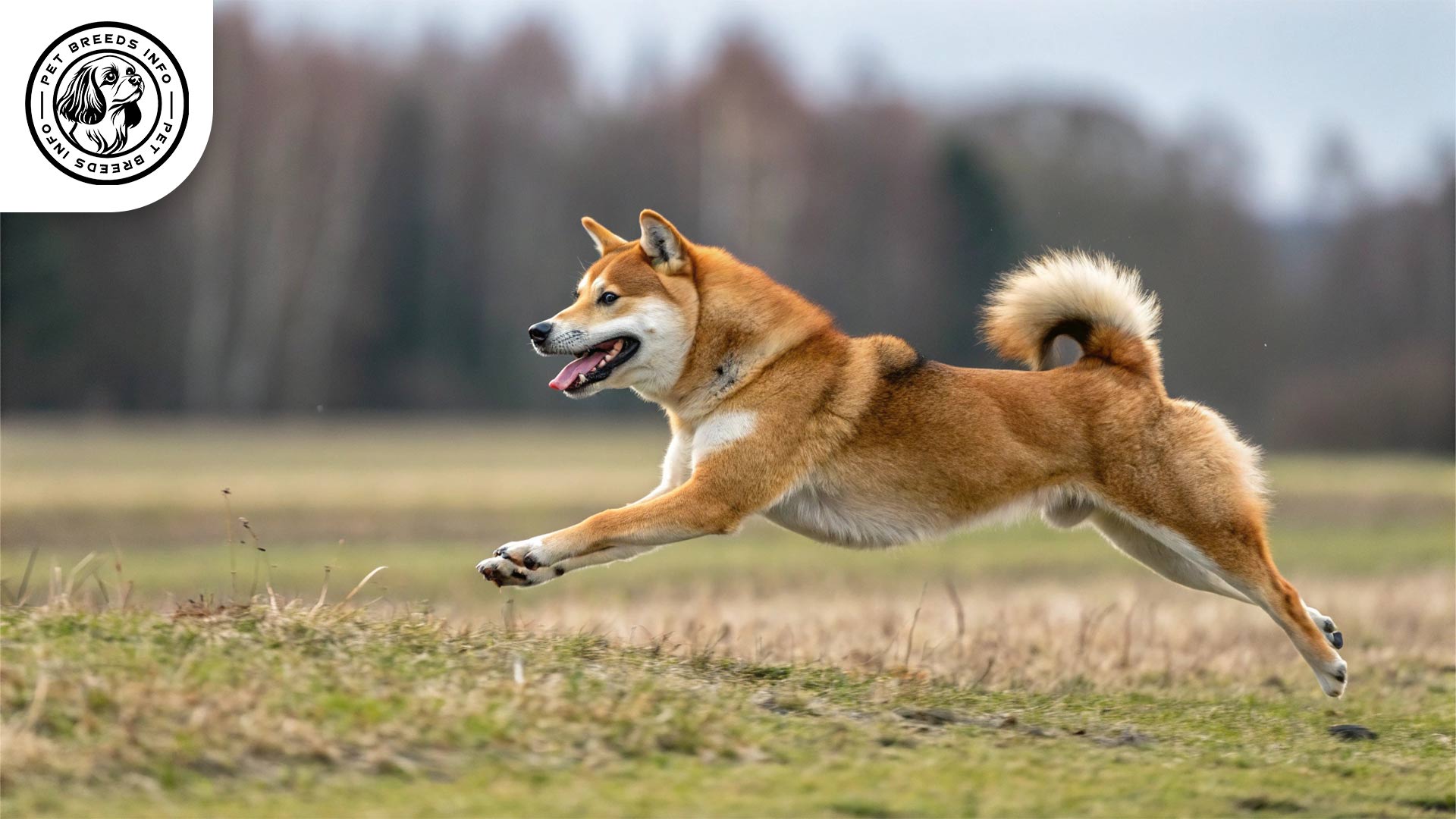
Personality and Temperament
The Shiba Inu is an incredibly intelligent and independent breed. They are known for their quick learning ability but can be stubborn, which requires patient training.
They have a high energy level and need regular exercise to stay healthy and mentally stimulated. While they form strong bonds with their owners, they are naturally independent and do not always seek constant attention.
Shiba Inus are generally good with their families but can be aloof with strangers. Their social behavior with children and other pets depends on early socialization. They have strong hunting instincts and may chase small animals.
They are highly sensitive to environmental changes and can be particular about cleanliness, which makes house-training relatively easy.
Care and Maintenance Requirements
Shiba Inus require daily exercise, including walks, playtime, and mental stimulation. However, they are adaptable to apartment living if their activity needs are met.
They shed heavily twice a year and require regular brushing to manage their coat. Bathing should be done occasionally, as they are naturally clean dogs.
They are sensitive to extreme heat and cold, so owners should provide suitable living conditions. Regular hygiene care, such as nail trimming, ear cleaning, and dental care, is essential.
Read More: Scottish Deerhound Dog
Diet and Nutrition
A balanced diet of high-quality dry kibble, raw food, or a fresh, protein-rich diet is ideal for a Shiba Inu. It is important to provide appropriate portion sizes to prevent obesity.
Avoid feeding them toxic foods such as onions, garlic, chocolate, and grapes. Meals should be divided into two servings per day for optimal digestion.
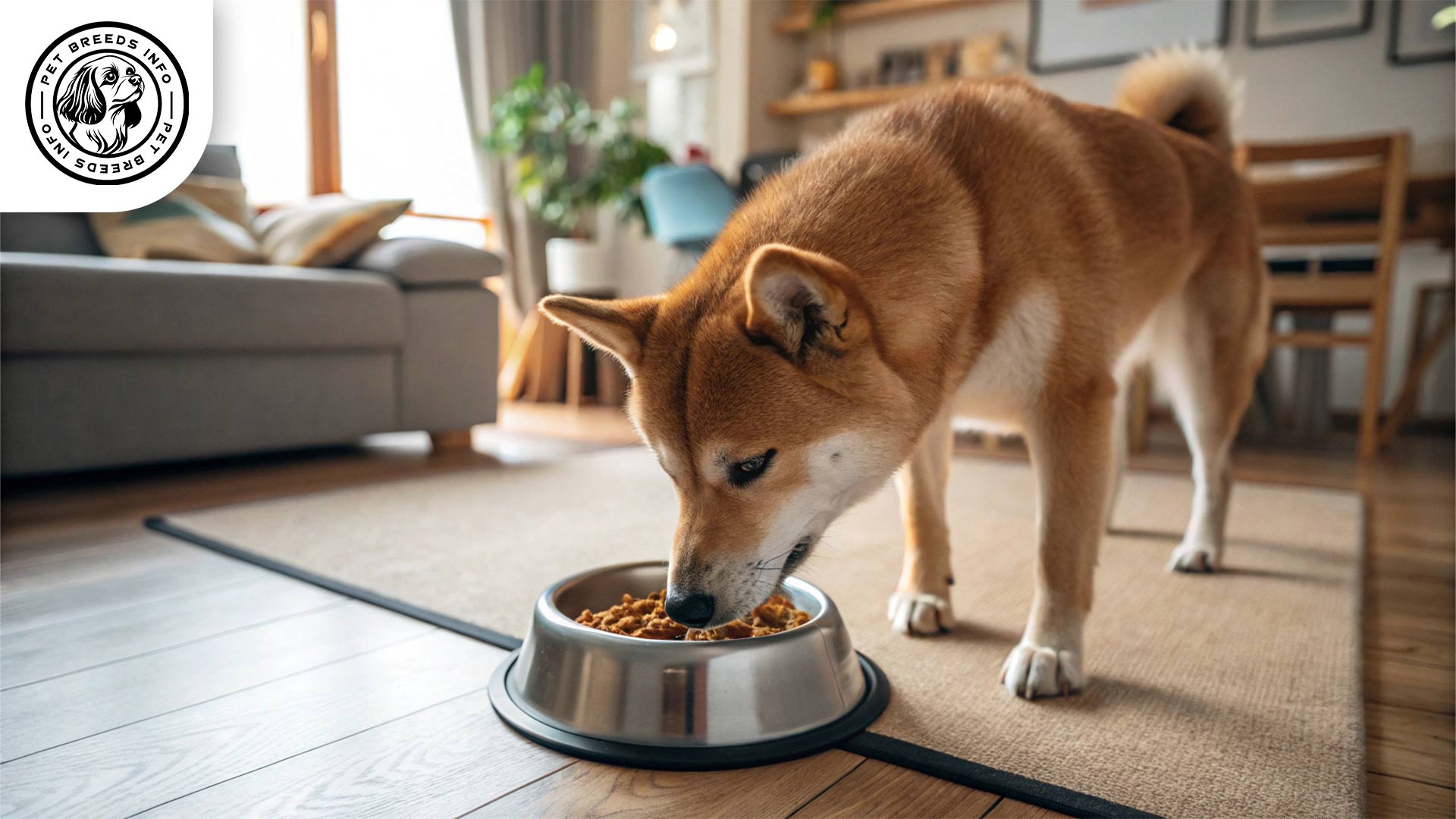
Health and Common Medical Issues
Shiba Inus are generally healthy but are prone to genetic conditions such as hip dysplasia, patellar luxation, allergies, and progressive retinal atrophy.
They have an average lifespan of 12 to 15 years. Regular veterinary check-ups, vaccinations, and preventive care contribute to their overall well-being.
Training and Behavior Management
Shiba Inus are intelligent but have an independent nature, making training challenging for first-time owners. Early training and socialization are crucial to shape their behavior.
Read More: Schipperke Dog
Positive reinforcement methods, such as rewards and praise, work best. Harsh punishments should be avoided to prevent them from becoming defensive.
Interaction with Other Animals and Humans
Shiba Inus are family-friendly but may not always be ideal for young children due to their independent nature. Supervision is recommended when interacting with small kids.
They can coexist with other pets if raised together but may show dominance or territorial behavior toward other dogs. They are best suited for experienced owners who understand their strong-willed personality.
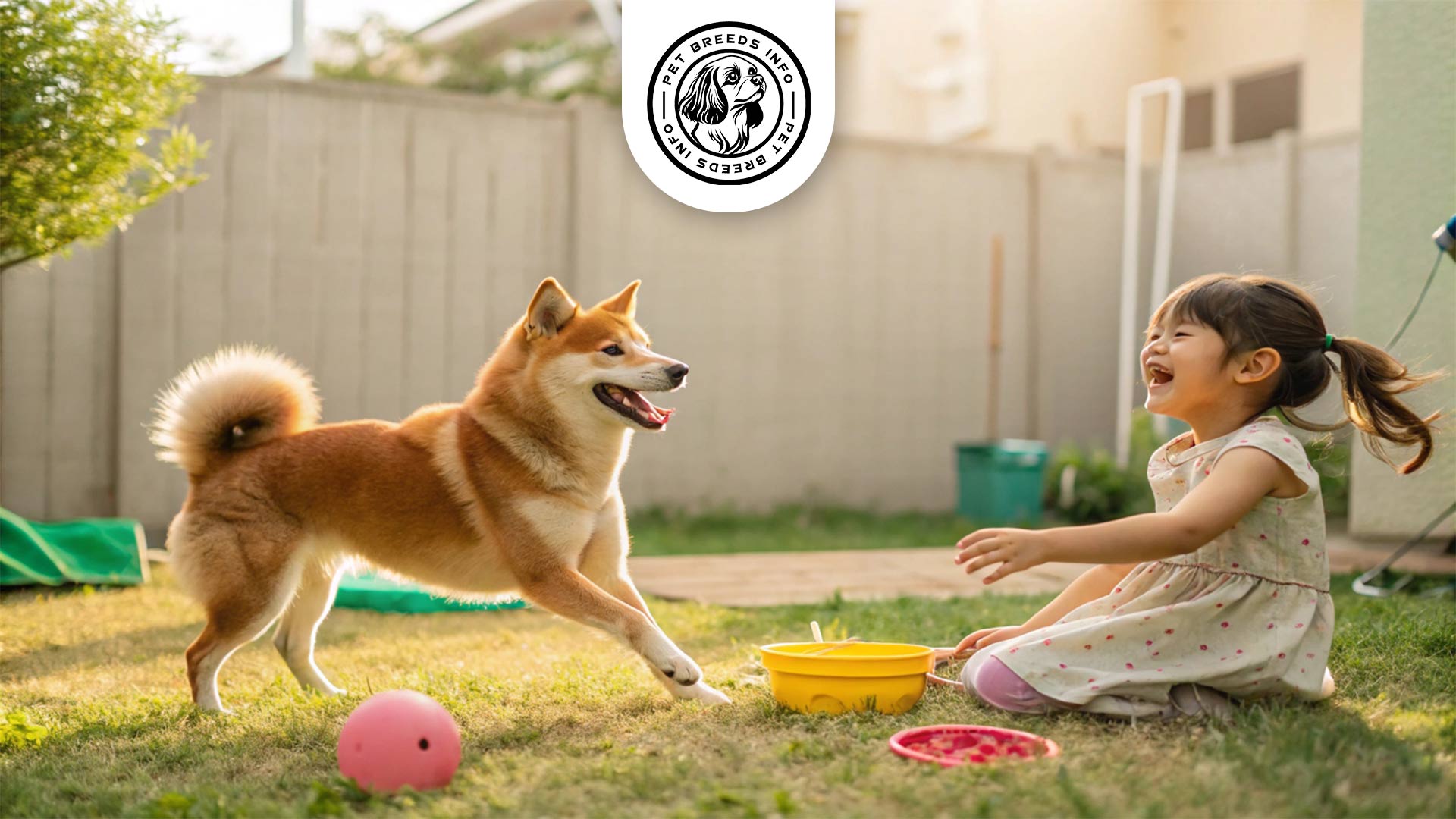
Price and Availability
The cost of a Shiba Inu varies based on the breeder and location. Puppies from reputable breeders typically range from $1,000 to $3,500.
Adopting from shelters or rescue organizations is a great alternative. Always ensure that the breeder follows ethical breeding practices and provides health screenings for their puppies.
Conclusion and Final Thoughts
The Shiba Inu is a charming, intelligent, and independent breed that thrives in an active household. Their strong-willed nature makes them better suited for experienced dog owners.
They require proper training, socialization, and care to ensure a healthy and well-behaved pet. Before choosing a Shiba Inu, potential owners should consider their unique temperament and exercise needs.
Read More: Shetland Sheepdog
For those ready to commit, a Shiba Inu can be a loyal and affectionate companion with a distinctive personality.
FAQ
Do Shiba Inus shed a lot?
Yes, they shed heavily twice a year and need regular brushing to manage their coat.
Can a Shiba Inu live in an apartment?
Yes, they can adapt to apartment living if their exercise needs are met.
What are common health issues in Shiba Inus?
They may develop hip dysplasia, patellar luxation, allergies, and progressive retinal atrophy.
How long do Shiba Inus live?
Their average lifespan is 12 to 15 years with proper care and regular vet check-ups.
